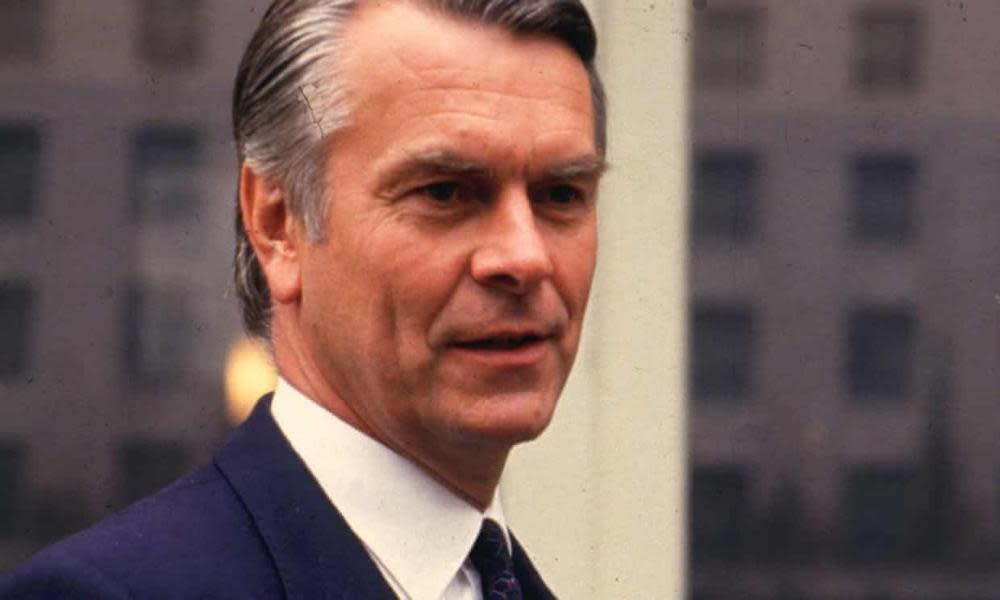Archive, 1989: David Owen stresses Labour’s need for coalition

Dr David Owen, the SDP leader, asserted last night that the struggle to persuade Labour to enter a pre-election coalition on proportional representation with his party and the Democrats would become the central issue in politics before the next election.
Related: Social Democratic Party to launch nationwide: from the archive, 18 March 1981
Speaking on the eve of his party’s conference in Scarborough, Dr Owen said the campaign to persuade Labour that proportional representation is in its interest is “the real challenge, the big politics and central question” on the political agenda.
Pointing to Labour’s three-point lead in the latest weekend opinion polls, Dr Owen said Labour had to realise that it could not win the next election without coming to an arrangement with the centre parties. He insisted that such a coalition was now possible and “would involve every one of us having to give a certain amount of ground”.
The coalition was now easier to assemble than ever because of the changes in the Labour Party on defence, but also because support for proportional representation was still gaining ground inside Labour despite its recent poll revival.
In a paper to the SDP conference prepared by Dr Owen’s office, the SDP claims Labour might need as many as 14 million votes to gain a one-seat majority at the next election. This would be the largest popular vote Labour had ever achieved, the paper said. Seats such as Wirral South, which the Tories held with an 11,000 majority in 1987, would need to be taken.
Although 40 motions in support of PR have been tabled at next week’s Labour conference, the leadership is still hostile to a change in the electoral system and will reject Dr Owen’s appeals for some time yet.
The SDP leadership is likely to face criticism today over a strategy paper prepared by a committee under the chairmanship of Mrs Rosie Barnes, the Greenwich MP, which recommends that the party should concentrate on only 10 seats at the next election. The paper also says the party cannot expect to survive if, at the next election, it falls below its current parliamentary representation of three. Dissidents within the party say that the leadership should continue to fight on a national basis.
Dr Owen said yesterday the party expected to fight between 100 and 200 seats, but the depleted resources and membership made it sensible to concentrate on 10 winnable ones. At the last election it aimed for 30.
Justifying his decision to keep the SDP alive, despite a 3per cent showing in the polls and a membership of 11,000, Dr Owen said it still had a role to moderate the extremism of Labour and to put forward its own agenda of constitutional reform, a market economy and social concern. “That combination is still not available in other parties. Whilst it is not, the SDP must still fight its corner. We’re small, we’re honest about that, but we have influence”.
Dr Owen said the Green Party’s emergence would not be a temporary phenomenon. “It is extremely foolish to crudely disparage their philosophy or to project them as authoritarian”.
Related: SDP leaders meet to bury a dream – archive, 4 June 1990
About 500 delegates are expected at the SDP’s three-day conference, the second since the merger between the majority of the SDP and the Liberal Party.
Dr Owen hopes the conference will dispel criticism that he is a leader without a party and without a strategy.

 Yahoo News
Yahoo News 